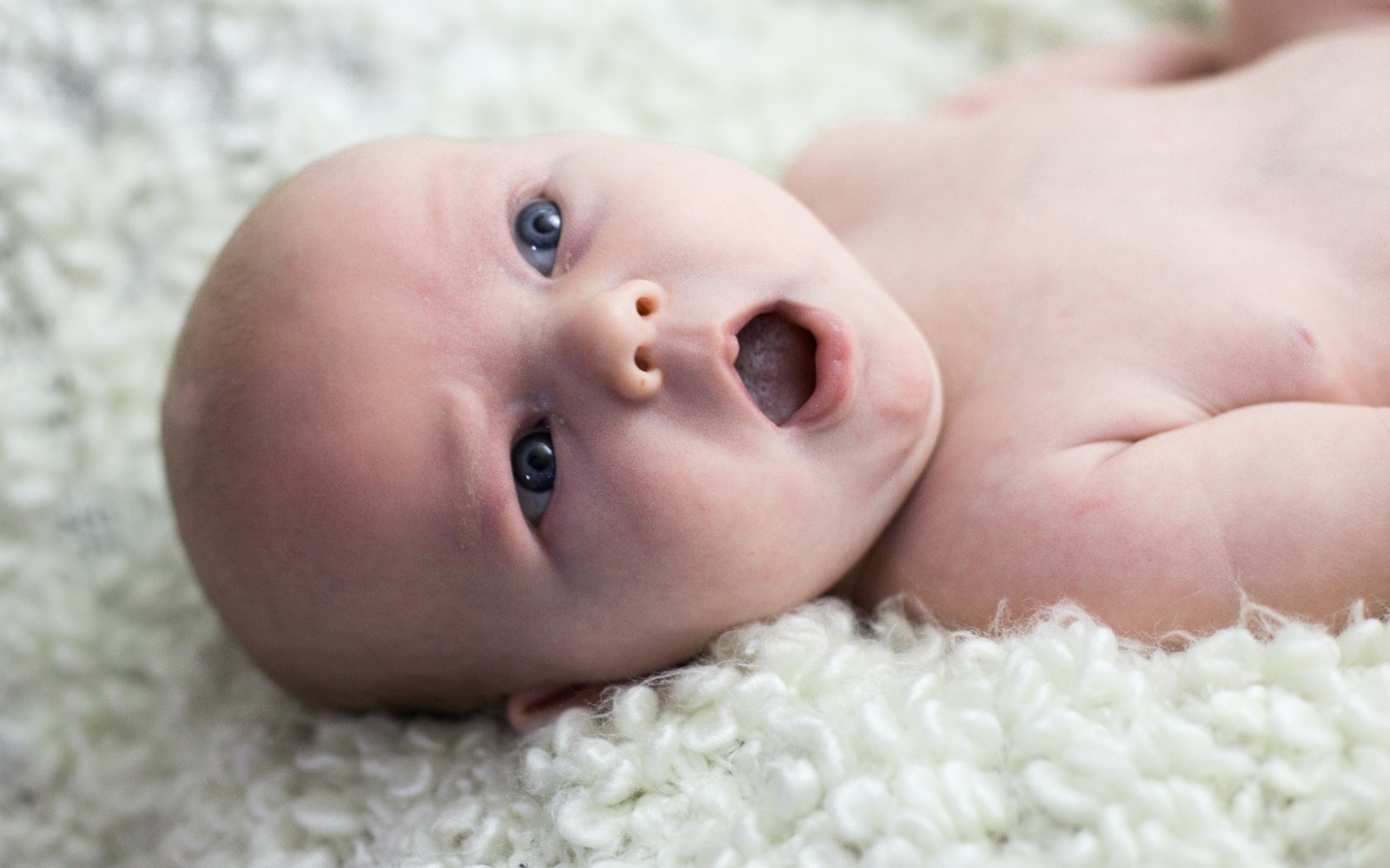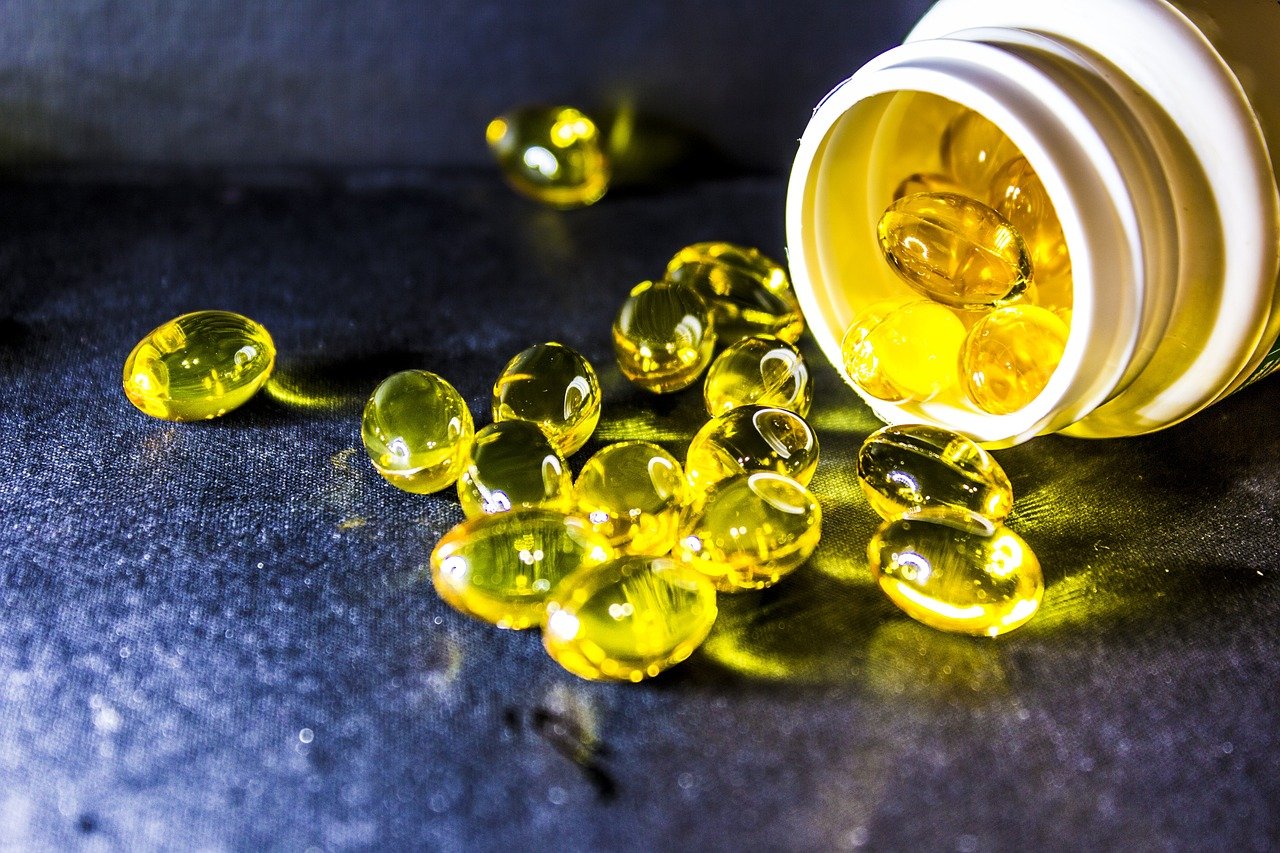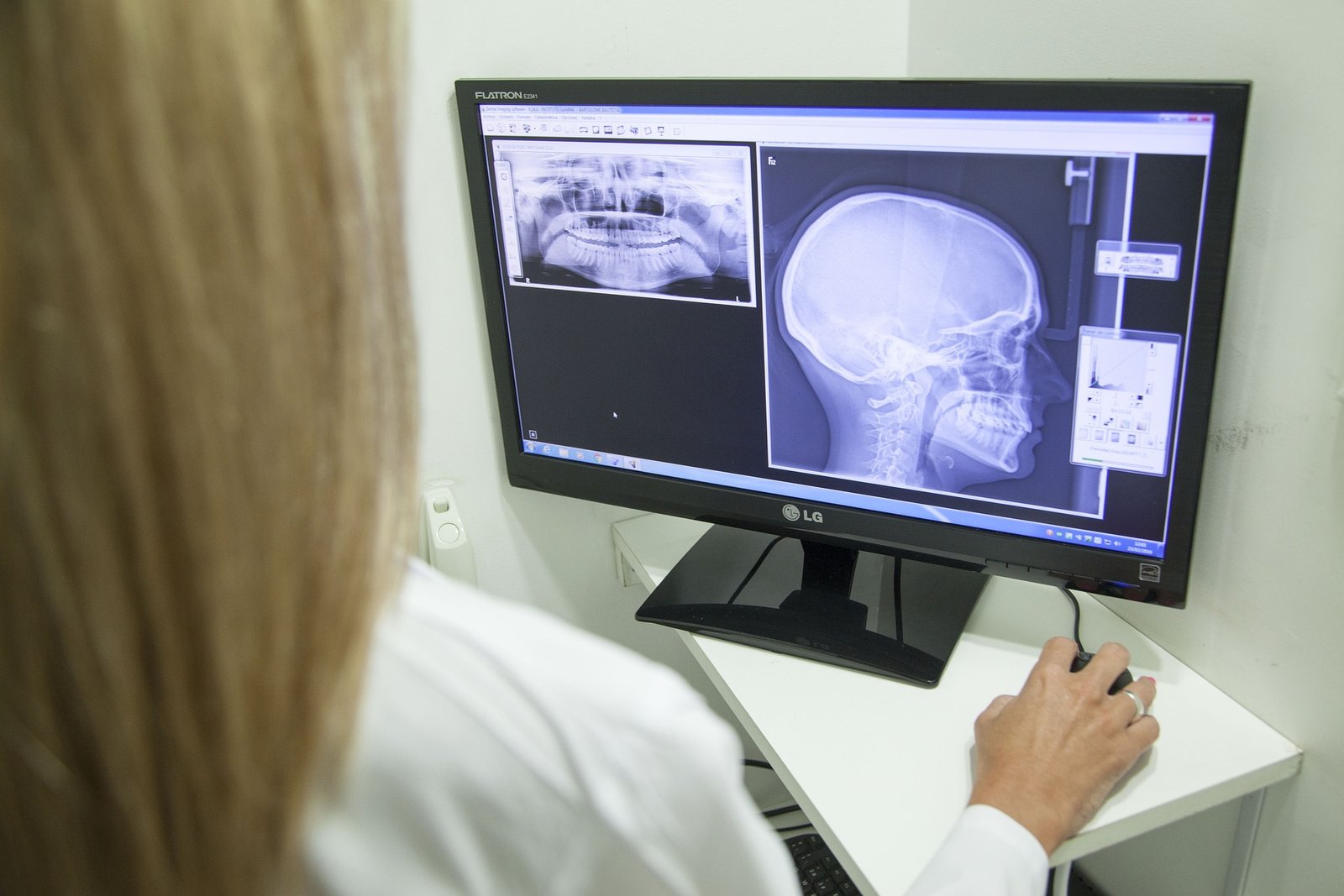“Pregnancy is the only time in life when you’ll fall in love with someone you haven’t met”.
Pregnancy is one of the major events in life in which a woman has to undergo various hormonal changes that leads to multiple changes both in her body and oral cavity. Though, a pregnant lady cannot be considered as a medically compromised person, but she needs to have a unique set of management for both her general as well as oral health.
Pregnancy is a crucial phase when a woman has to go through multiple sets of changes in her body. Hence, it becomes important for her doctor or dentist to educate her about the common problems that can be seen during this beautiful journey of hers.
As a dentist and oral care physician, I always make sure of making my pregnant patients aware of the oral health problems and the myths associated with them that she may experience during her journey of pregnancy. Some of the common myths associated with oral or dental care and pregnancy are described below
A mother looses tooth for every baby
As hormonal surge including that of progesterone and estrogen is common during the phases of pregnancy, they may lead to increased circulation and bringing more blood to the gums resulting in gums swelling and sensitivity to bacteria. This may lead to loosening of teeth during pregnancy but they will never simply fall down unless there is any pre-existing dental caries, or swelling and inflammation in gums leading to gingivitis and periodontitis. Therefore, women should be encouraged to brush, floss, and see a dentist for dental cleanings and other preventive care.
Oral health doesn’t affect your baby
A pregnant lady with moderate to severe form of gum disease is at a higher risk of delivering a preterm baby or babies with low birth weight. The different epidemiological studies have claimed that about 18 out of 100 premature births are believed to occur secondary to the gums or periodontal disease. Hence, it becomes extremely important for every pregnant lady to regularly visit a dentist and receive the required treatment or preventive measures.
Aphthous ulcers are common in pregnancy
In the absence of any precise etiology, there is no evidence of any specific linking of the aphthous ulcers with pregnancy.
Dental treatment should be done only after post-partum
The pregnant women should avoid dental treatment while they are expecting is a myth associated with pregnancy. The fact is that pregnant women should take up dental care and receive preventive treatments while being pregnant.
Any major treatment including dental root canals, tooth extraction or removal, or any other treatment that requires anesthesia or sedation should be postponed until the second trimester as this is considered to be the safest period of pregnancy. This is the time when organogenesis or the formation of different organs in the fetus is completed while the fetus is still not large enough. Only if your dentist advises you to postpone the treatment because of any side effect involved, you should delay the procedure to be done only after the delivery.
Dental x-rays are unsafe during pregnancy
1 rad of utero radiation exposure is estimated to cause approximately 0.1% of the malignant diseases while a dental periapical x-ray has only 0.00001 rad of exposure per exposure. Hence, the exposure in the dental x-rays is not large enough to cause any adverse changes in the growing fetus. Moreover, the x-ray exposure can be limited using lead apron, and avoiding multiple retakes of the dental x-ray while using the faster films. Also, using long cone of machine with proper collimation and shielding help in reducing the exposure of the films.
There is no need to worry about any dental problem during breastfeeding
The actual fact is that the scientific reports have claimed that breastfeeding mothers can experience about 5% of the bone that may lead to gums disease including gingivitis and periodontitis. Teeth grinding is also a common problem associated with breastfeeding due to soreness of the face and neck that may lead to change in occlusion and teeth alignment and also the changes in the bone of temporomandibular joint leading clicking and joint displacement.
Healthy mother for a healthy baby
It is absolutely necessary for expecting and new mothers to remain completely healthy including her general as well as oral health. Dentists always advise the new mothers to keep their diet low on sugar in order to avoid any dental problem and take preventive measures at home or at dental office, if necessary.
A healthy mouth of a mother is extremely important for a healthy baby and avoiding any side effect or complications in them. Hope the information in the blog was useful for you all. Do let us know about other dental myths associated with pregnancy that you must have heard in your lifetime.







